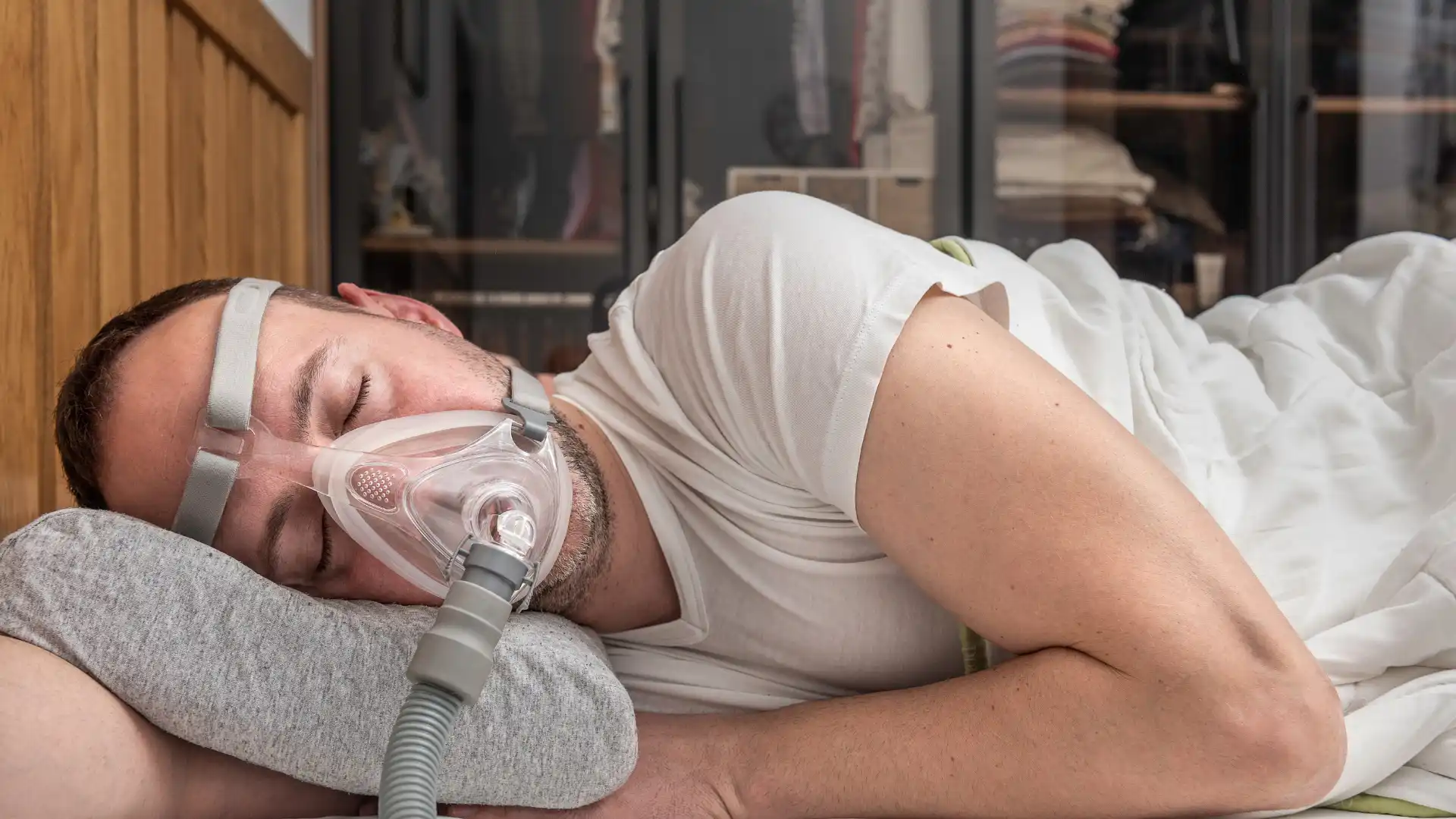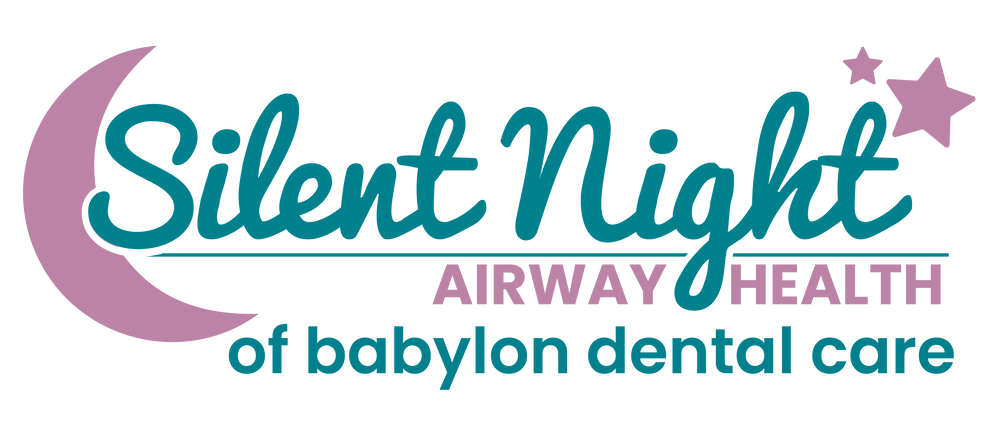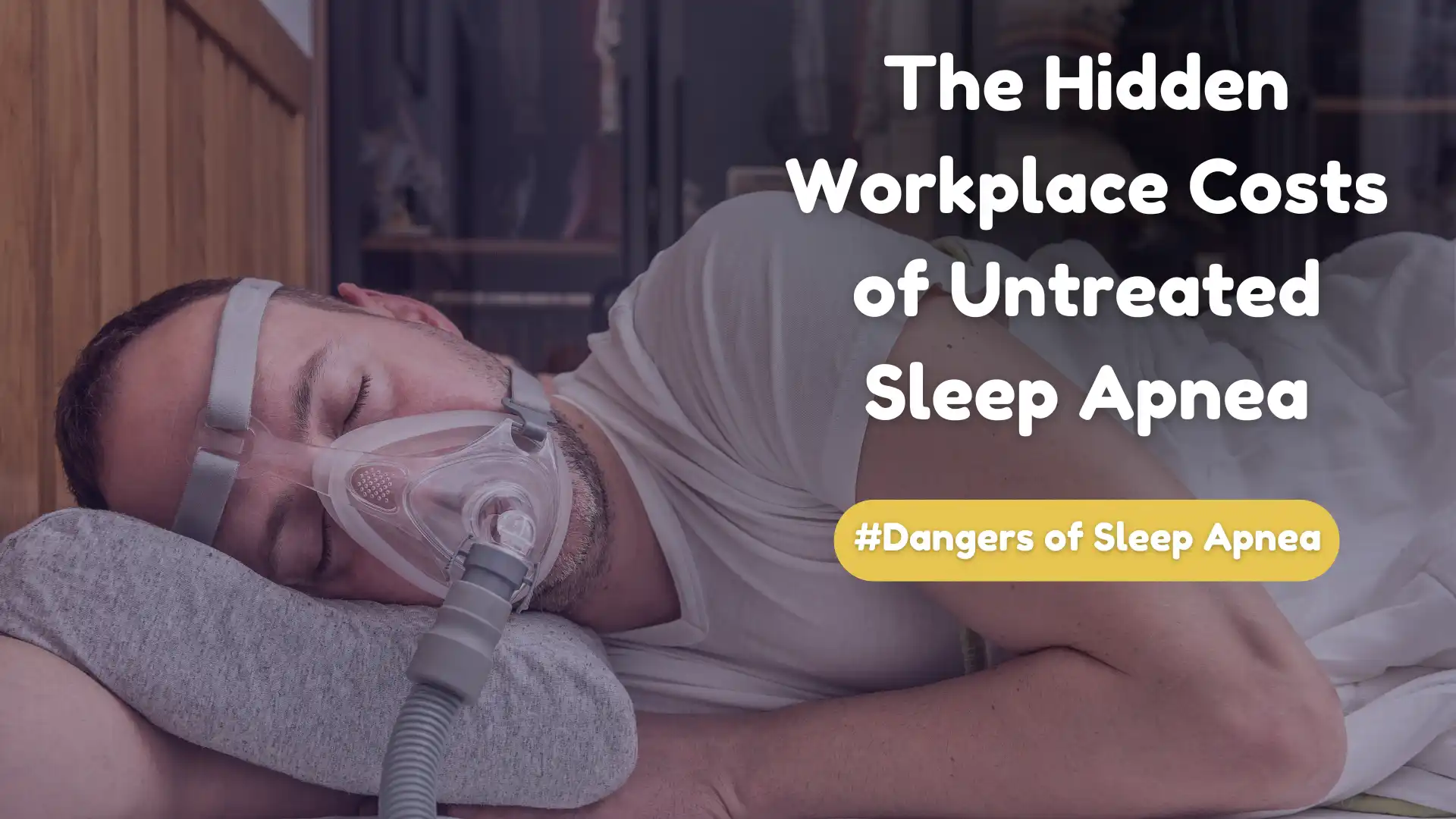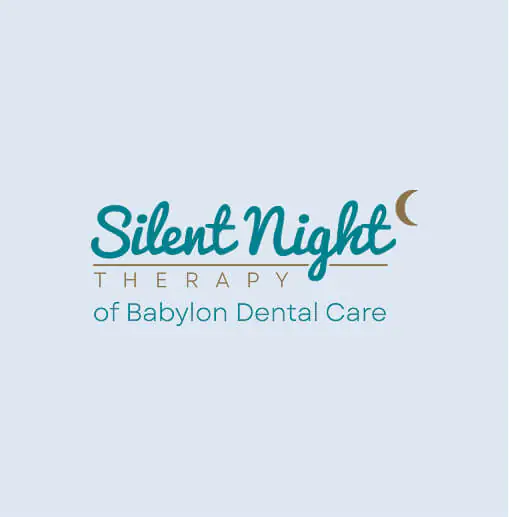The Hidden Workplace Costs of Untreated Sleep Apnea
Posted By:
July 22, 2025
9:00 AM

Sleep apnea can make you feel tired, groggy, and out of it all day, throwing you off your game and significantly impairing your ability to function at home and work. Individuals with untreated sleep apnea often struggle with daytime fatigue, reduced concentration, slower reaction times, and higher rates of absenteeism. These challenges can lead to workplace accidents, missed deadlines, and poor job performance.
Sleep apnea can lead to hidden workplace costs, risking your health and financial stability. Prioritizing early diagnosis and treatment is a smart health move and a wise business decision.
What Is Sleep Apnea and Why Does It Affect Daytime Function
The most common sleep apnea disorder is obstructive sleep apnea. In OSA, the soft tissues in the throat, tongue, or soft palate block the upper airway during sleep. This causes numerous periods when breathing repeatedly stops and starts, depriving the brain of oxygen and disrupting a person’s natural sleep cycle.
When sleep apnea drops a person’s oxygen levels and interrupts their natural sleep cycle, the result can be daytime fatigue, irritability, mood swings, brain fog, and impaired cognitive function. A person’s daytime function can decline because they are not operating on all cylinders and may lack the ability to concentrate or focus.
The condition can quietly drain productivity, increase safety risks, and drive up healthcare costs in the workplace. Millions of American workers suffer from obstructive sleep apnea, but studies show that as many as 90 percent of people with the disorder don’t even know they have it.
Common Work-Related Symptoms of Sleep Apnea
Untreated sleep apnea doesn’t just affect your nights. It takes a serious toll on your days, especially at work. Many employees may not realize that their job performance issues stem from poor sleep and disrupted breathing caused by obstructive sleep apnea. Some of the most common work-related symptoms of sleep apnea can include:
- Daytime fatigue
- Trouble concentrating or focusing on work-related tasks
- Mood swings and irritability
- Increased stress
- Poor work performance
Poor performance caused by sleep apnea not only leads to poor performance or output but can also increase a person’s risk of being involved in a workplace accident or a car accident on the commute to or from the office. Some studies show that individuals with obstructive sleep apnea are at an increased risk of being involved in motor vehicle crashes and have nearly double the risk of having an accident at work.
Sleep Apnea’s Impact on Work Performance
The daytime effects of poor sleep and sleep apnea can impact nearly every aspect of a person’s work performance. From missed deadlines to serious safety risks, untreated sleep apnea can significantly reduce an employee’s job performance, even if they don’t realize the underlying cause. Some estimates suggest that undiagnosed sleep apnea may cost the U.S. $150 billion annually.
One of the first signs of sleep apnea’s effect on work performance is decreased productivity. Fragmented sleep and low oxygen levels can lead to daytime fatigue, problems concentrating, frequent mistakes, impaired judgment, and problem-solving abilities, which can cause a drop in productivity. Employees may also struggle to adapt to new situations and make sound judgments due to sleep apnea impairing decision-making brain functions.
Sleep apnea also impacts mood and can cause stress and irritability, impacting employee communication and workplace relationships with colleagues and managers. Collaborative tasks or team dynamics can suffer, also lowering productivity.
Individuals with sleep apnea are also more likely to have higher rates of absenteeism. Sleep apnea weakens the immune system, meaning those with the condition may be more prone to calling out due to frequent illnesses and infections. The condition can also lead to chronic health issues like cardiovascular disease, stroke, and dementia. Presenteeism is also an issue, which occurs when a person shows up to work but is not mentally or physically prepared for the workday.
Untreated sleep apnea can lead to higher healthcare costs for employees and their employers since sleep apnea is linked to numerous health issues like heart disease, diabetes, and cognitive decline.
Start Sleeping Better Tonight, Talk to A Sleep Specialist
The sleep specialists at Silent Night Therapy offer a comprehensive approach to helping you regain your mental, physical, and financial health. By improving the quality of your sleep, you can improve the overall quality of your life at work and home.
Contact us online or call (631) 983-2463 to schedule a complimentary sleep consultation and learn more about available sleep apnea treatments.
Related Posts:



